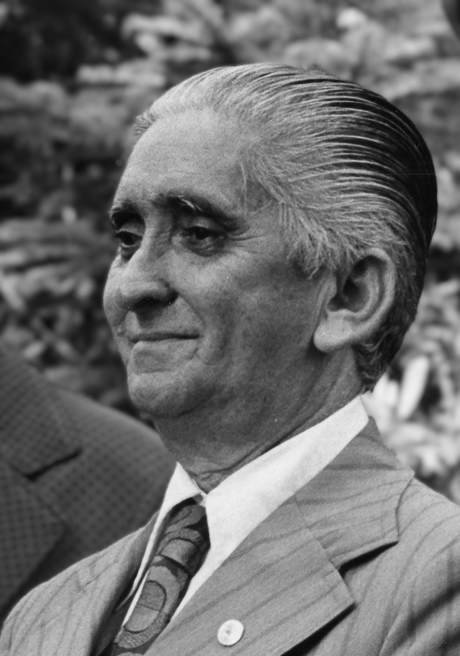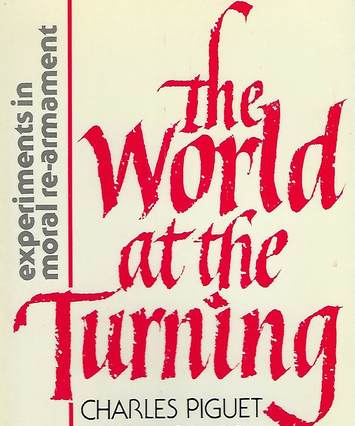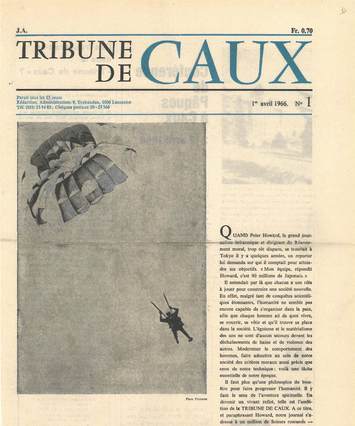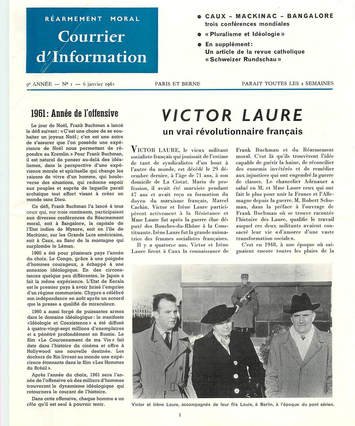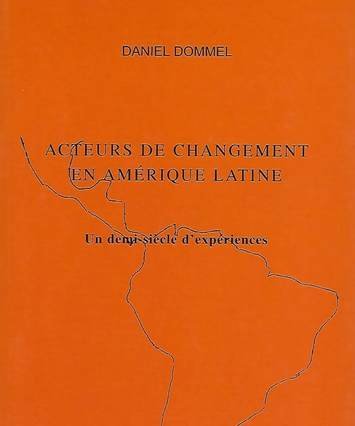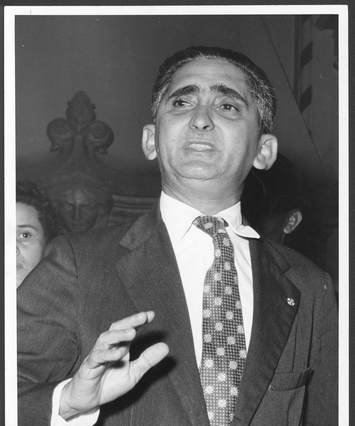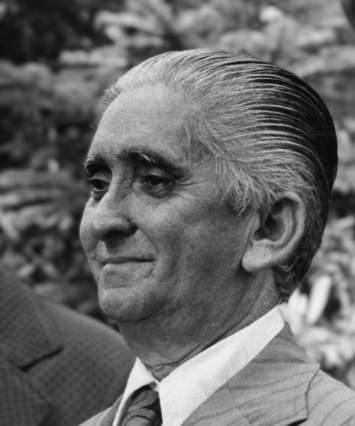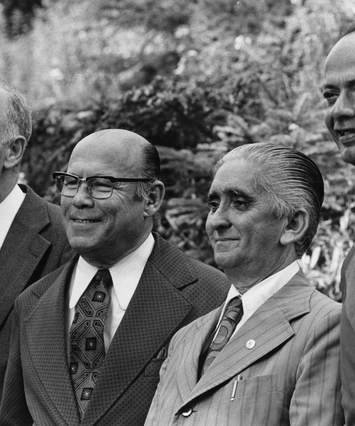José Lopes Veras was born in Piauí, a poor northeastern state in Brazil, and lived with his father. His parents had separated when he was two years old. One day, when he was eight, he went with his blind aunt to bathe in the river. A woman in a small boat came to the riverbank and said, "I am your mother. Come with me so we can talk. He got into the boat right next to her and she crossed with him to the opposite bank of the river. But she had been seen in the city and Joseph's father, guessing what had happened, went to the police. Mother and son were finally found. Joseph was locked in a dark room for three days, wearing only shorts. Then he was found shivering with fever and threw his arms around his father's neck.
Joseph never knew what a real home was like until his father remarried two years later. When he was twenty-two, Joseph married and took his father into his new home, as he had lost his second wife. At that time, Joseph was a tram driver who earned so little that he could not afford to pay for his father's medicines, so the old man could not resist and died.
The death of his father and Joseph's difficult youth made him bitter and at the same time a fighter against the misery of his country. The basis of a faith inherited from his father prevented him from joining the communists. He then joined the socialists who were beginning to organise, associating himself with the Trotskyist wing, which seemed to him the most disciplined and revolutionary. As he never completed any studies, he took a course on Trade Union Organisation given by the Catholic Church.
After a while, the Rio tramway workers wanted to appoint José as the leader of their union. At that time, a legal requirement was that candidates for such positions had to obtain a declaration of good conduct from the police. After a thorough examination and investigation of the candidate's political history, this statement was intended to confirm that there was nothing compromising in his connections with other people or groups, i.e. that he was not a communist. Joseph refused, on principle, to comply with this demand. He campaigned and was elected by ballot with his hands up. He then went to court and obtained a court ruling recognising the validity of his election. However, the Interior Minister refused to accept it, so there was a new election which Veras won again, and without police authorisation. The government was deeply embarrassed. Finally, a socialist senator resolved the impasse by meeting the Brazilian president, Getulio Vargas, accompanied by all the newly elected trade unionists. The senator firmly assured that José Veras was a member of his party and not a communist.
In 1954, in the elections to the federal parliament, José Veras stood as a candidate for the Socialist Party. He raised the stakes by organising a tramway workers' strike, even though public sector workers had no legal right to take strike action. At one point, when he was addressing his supporters at the union's headquarters, the police surrounded and locked down the building. Things were looking bad. Three hundred men, all armed, were caught in a trap.
José encouraged them to surrender voluntarily, without resistance, and to enter the waiting police vans. He himself remained at liberty, protected by the immunity granted to all candidates for twenty days before the vote. He called his party headquarters and some of his political friends to stir up public opinion. The tramway workers were finally released and some of their demands were met. The confrontation, if it had not been avoided, could have had a calamitous effect on the elections. The Socialists won a place in the elections. This representative subsequently succeeded in repealing the compulsory police declaration rule, which Veras had twice rejected.
Although he was not elected, José Veras' attitude of avoiding a potentially bloody confrontation was noticed by Santos' union leaders. They invited Veras to a meeting they organised in June 1955. They also invited José Garcia, former president of the São Paulo Hydroelectric Workers' Union and, at the time, a delegate to the Council of the National Federation of Industrial Workers.
For several months, encouraged by friends in Santos, Garcia had initiated talks with employers and workers within the powerful US-Canadian Brazilian Light and Power Company. Rio's trams depended on this company, and Veras and Garcia had clashed in the past. Now the two men were together in São Paulo, where Veras spent the night on his way to Santos. In the morning, to Veras's surprise, Garcia approached him and apologised for their past quarrels, and expressed his

